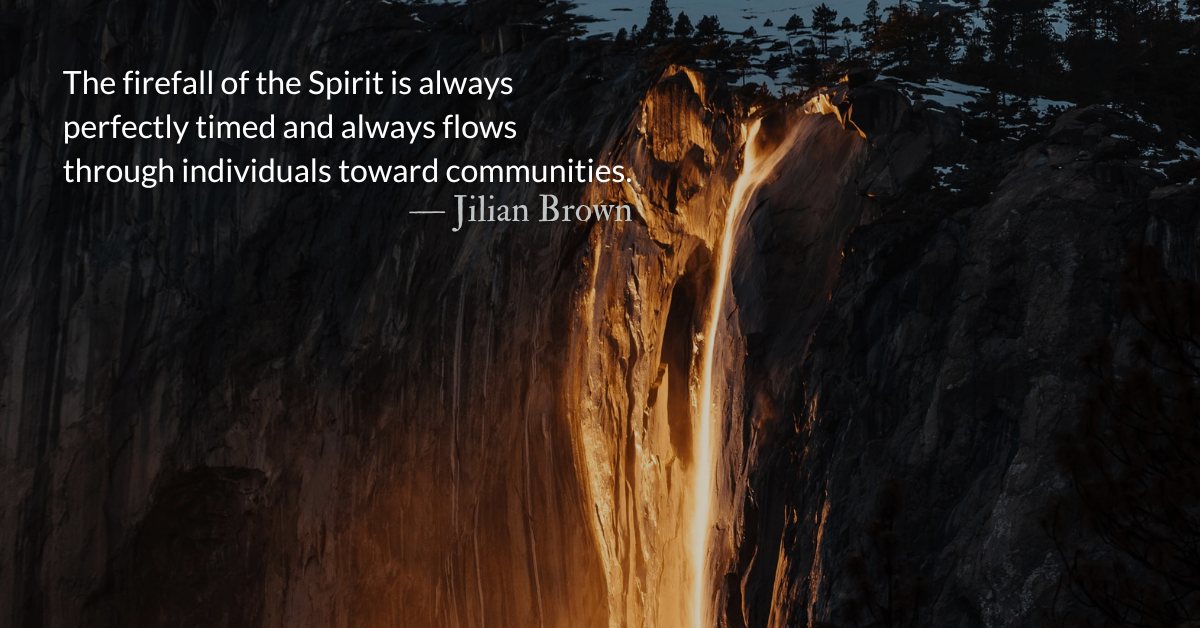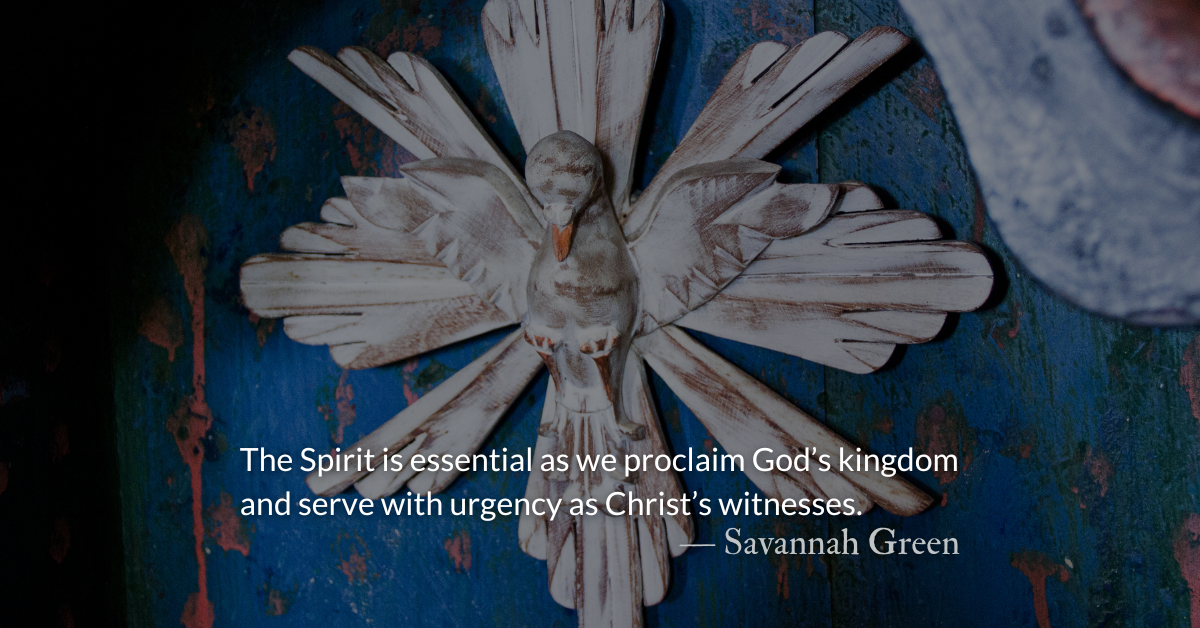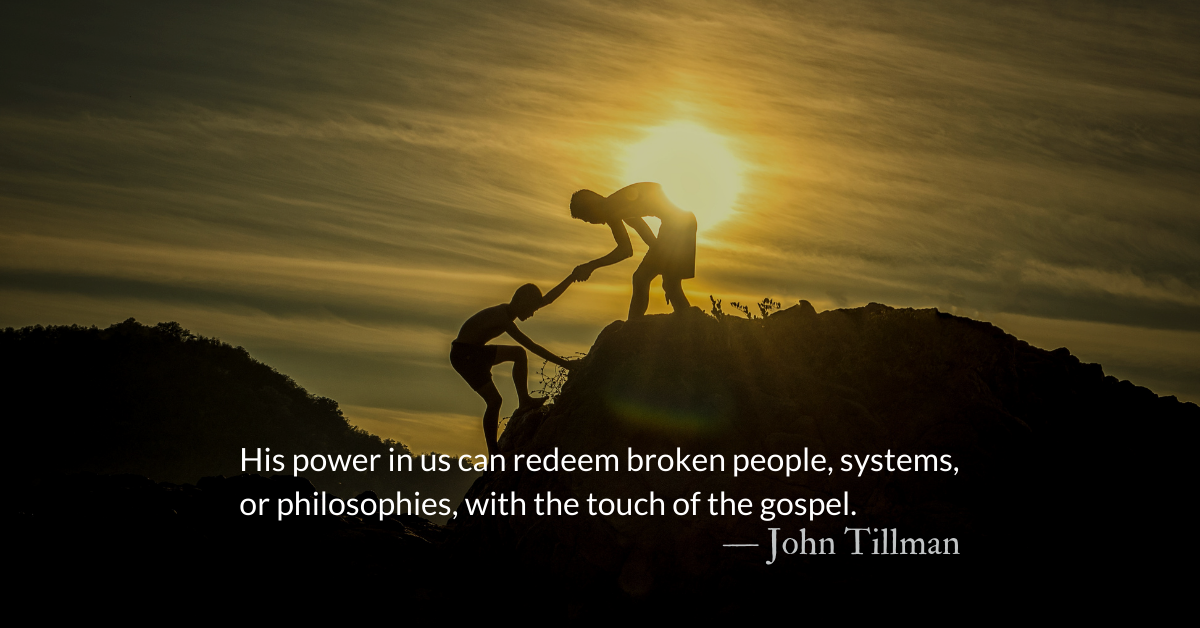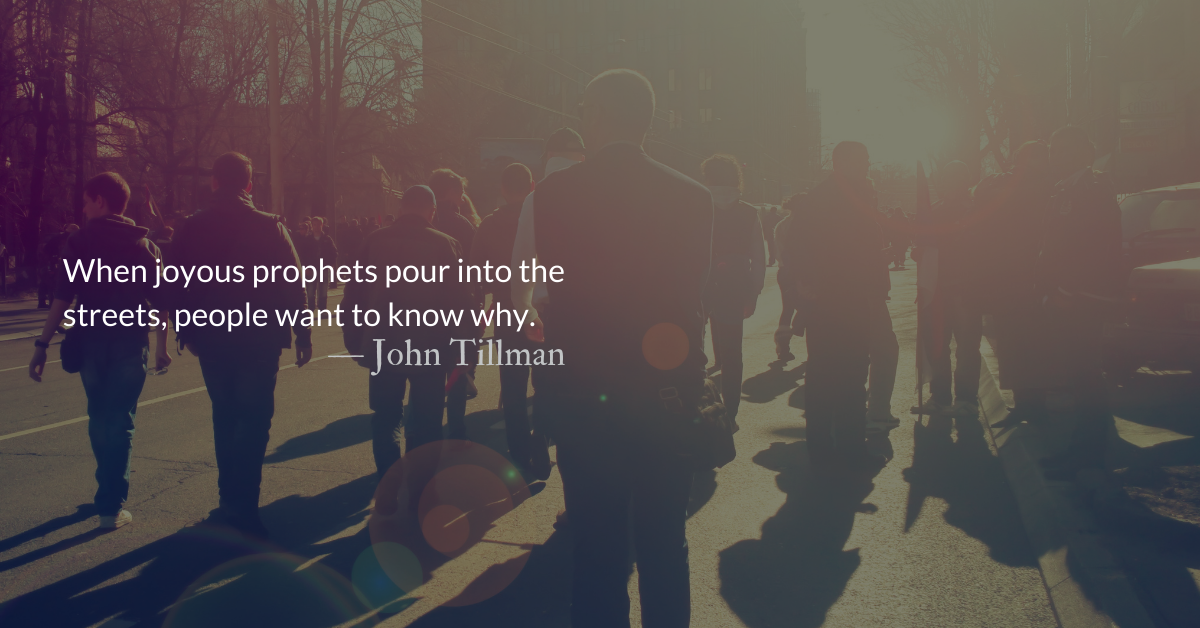Scripture Focus: Acts 5.29-32
Peter and the other apostles replied: “We must obey God rather than human beings! The God of our ancestors raised Jesus from the dead—whom you killed by hanging him on a cross. God exalted him to his own right hand as Prince and Savior that he might bring Israel to repentance and forgive their sins. We are witnesses of these things, and so is the Holy Spirit, whom God has given to those who obey him.”
Reflection: Costly Obedience
By L.E. Mulford
In this short speech, Peter emphasizes obeying God in opposition to obeying the Sanhedrin. This was highly offensive to them because they viewed themselves as the spokesmen for God and did not differentiate between obeying their interpretation of the Old Testament Law and obeying God.
Jesus did not follow the Sanhedrin and yet perfectly fulfilled the Law (Matthew 5.17). If God does not desire that we follow the 600+ legal requirements found in the Old Testament, as Galatians 2.16 demonstrates, what then does obedience to God look like?
If faith is our trust in God, obedience to God in doing good works is the natural expression of that trust. We are not meant to earn our faith through obedience, but rather to demonstrate our faith through obedience. James 2.17 goes so far as to say that faith without works is dead.
In modern times, we don’t usually wrestle with the idea that we are bound to the laws of the Old Testament or to its Levitical priesthood. However, there are other unwritten laws and sometimes even religious leaders in our modern culture that many of us feel compelled to obey. So how can we discern whether our obedience is towards God or towards the power structures and the patterns of our culture—even our religious culture?
As with most things, we can look to the example of Jesus. What did his obedience cost him? What has my obedience cost me?
Jesus’s obedience took him to death on a cross (Philippians 2.8).
What may be harder for each one of us to answer is this: have I obeyed even when it hurts? It might cost my bank account, my privacy, my personal space, or my rights. Can I love God and my neighbor by obeying God even when it doesn’t make earthly sense? If I have faith, and if I trust Him, then I can.
The love of Jesus took him to the cross to die. He asks us to take up our own cross in obedience daily, to live every day by dying to our own rights, and to love and serve our neighbors.
Does your love for God and your faith in Him give you the freedom to obey Him—even when it hurts?
Divine Hours Prayer: The Request for Presence
Let them know that this is your hand, that you, O Lord, have done it. — Psalm 109.26
Today’s Readings
Isaiah 47 (Listen – 2:52)
Acts 5 (Listen – 6:49)
Read more about Between Gerizim and Ebal
The tribes standing on Gerizim would pronounce the blessings that would come from obedience…






